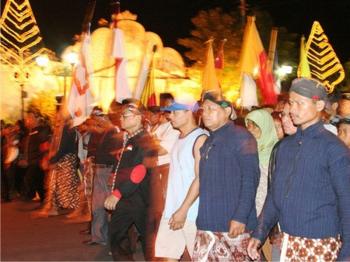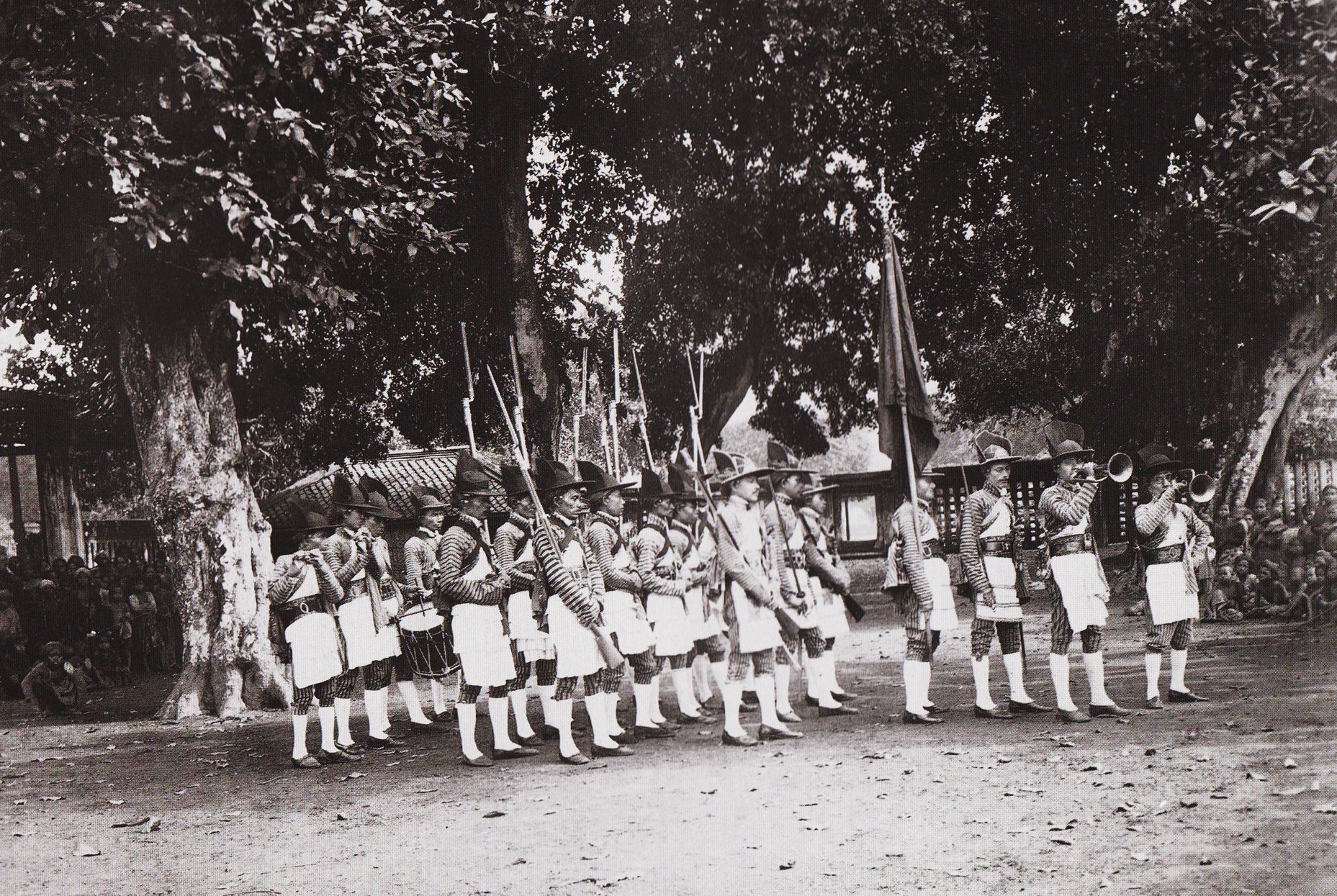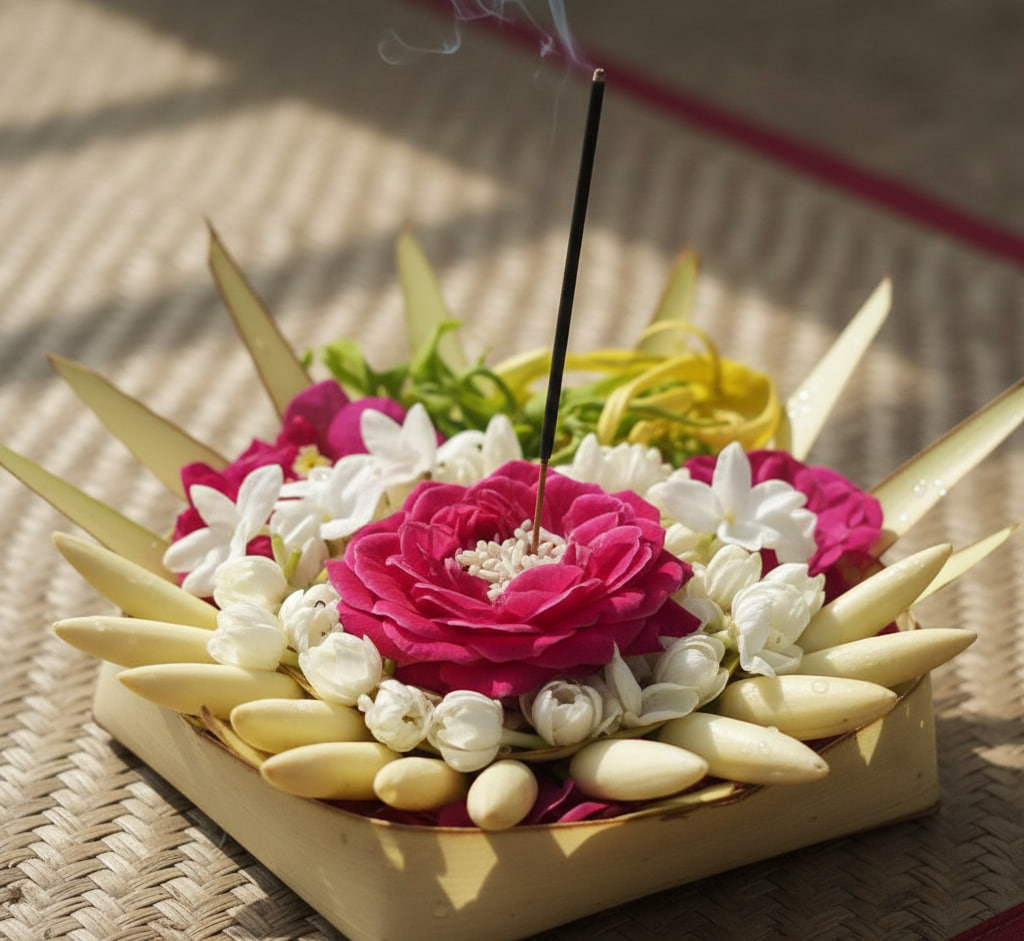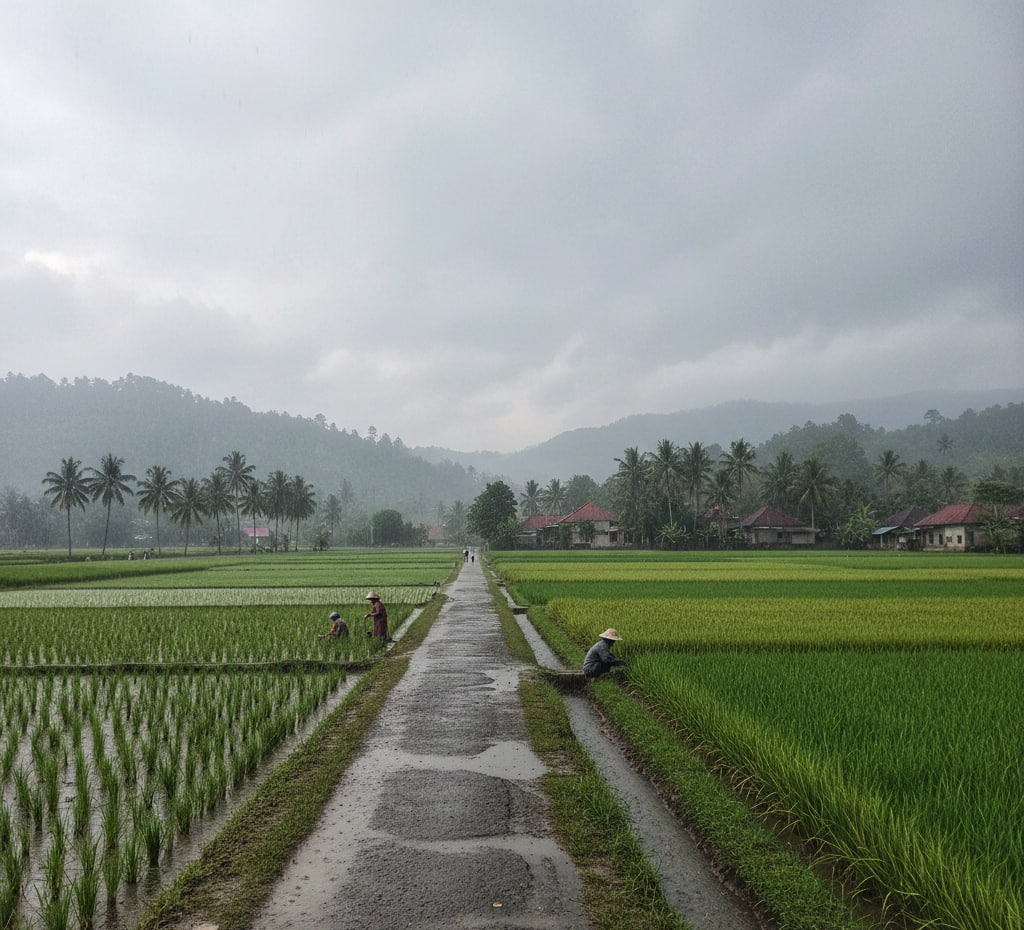News
Lampah Budaya Mubeng Beteng
In the deep darkness and silent footsteps, the eve of Satu Suro in Yogyakarta holds a stirring rite: Mubeng Beteng. Far from the bustling tourism of Malioboro and the city’s bright lights, a quiet path is traced by barefoot pilgrims in utter silence. This is not merely a ritual—it is the Javanese way, especially in Yogyakarta, of welcoming the Javanese New Year with reverence and stillness.
Mubeng Beteng literally means “circumambulating the fort.” But it’s not just a casual stroll. It is a spiritual ritual performed in absolute silence—Tapa Bisu. Not a single word is spoken by participants. Not even the sound of sandals or shoes is heard, as everyone walks barefoot. In that silence, everything normally drowned out by the noise of life suddenly becomes vivid: the rustling of the wind, the heartbeat, even the pulse of guilt.
The tradition involves walking the perimeter of the Yogyakarta Palace fortress. The route covers Keben, Ngabean, Pojok Beteng Kulon, Plengkung Gading, Pojok Beteng Wetan, Jalan Ibu Ruswo, the North Alun-Alun, and back to Keben. The total distance is about four kilometers. Four kilometers of reflection, introspection, and sacred silence.
Before the Mubeng Beteng procession begins, prayers are chanted from within the palace: prayers for the year ending, prayers to welcome the new year, and special invocations for the month of Suro. This moment also allows palace spiritual leaders to bestow their blessings upon all participants. Here, Suro reveals itself not just as a point on the calendar, but as a meaningful expanse of time.
What’s beautiful is that anyone can join. Not just palace servants (abdi dalem), but members of the public as well. The requirements? Silence, and no footwear. That’s all. Yet within these simple rules lies a profound lesson: sometimes we need to fall silent, step back from the world’s clamor, and contemplate the path we’ve taken—and the one ahead.
Mubeng Beteng is more than tradition. It is spiritual training—a discipline of restraint, of listening to one’s inner voice, and of realizing that life, at times, must be walked barefoot. In direct contact with the earth, with history, with values on the brink of being forgotten.
And though it is just a quiet walk in the still of the night, Mubeng Beteng takes us on a much longer journey: a journey inward. With every step, it feels as though we are knocking on the door of the soul, asking, “How far have I come? And where do I wish to go?”
Satu Suro night in Yogyakarta is never truly silent. For within the quiet of Mubeng Beteng, souls are deep in conversation—with themselves.



